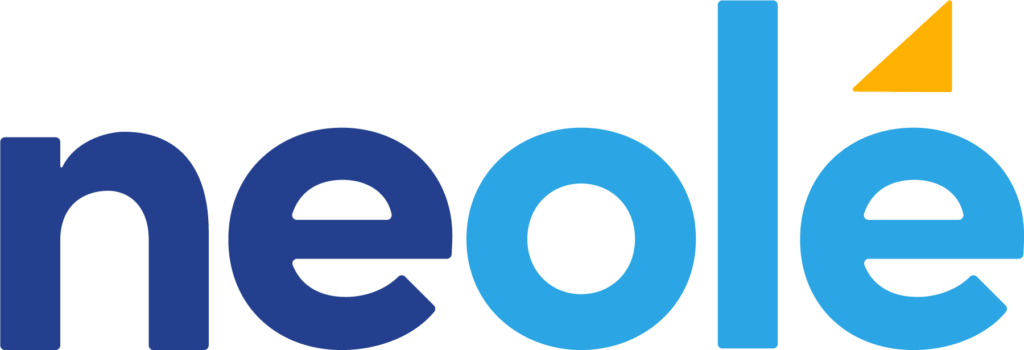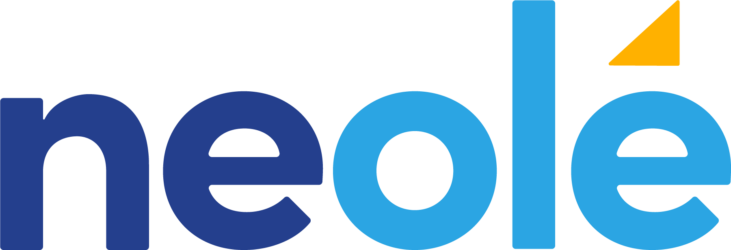If I asked you to describe what makes a team successful, you might gravitate toward what we hear regularly in our workplaces. These expressions intend to inspire the kind of shared responsibility and mutual support we have while working in teams. They’re things all teams should aspire to. While each holds a kernel of truth, take a moment to consider their meanings and whether they are clear or have become diluted from overuse. As you reflect, you might begin to think they seem unoriginal, dated or even clichéd. I would argue that they’re on the verge of losing their impact if they haven’t already.
Did you happen to recall any of these?
| Together Everyone Achieves More | It’s an acrostic mnemonic designed to help someone remember information more efficiently by a word to correspond to each item to create meaning. |
| Be a Team Player | This one assumes that everyone working to complete a common goal is committing to excelling at collaboration, communication, and offering support while demonstrating their ability to be flexible, reliable, and respectful. |
| There is no “I” in Team | The implication here is that individuals must prioritize the team’s needs and goals over their accomplishments or interests so that unity and cooperation will become paramount and drive the team’s success. |
| Teamwork makes the dream work | This rhyming phrase emphasizes collective effort and should motivate and inspire people to value team effort. |
| Rowing in the same direction | A metaphor used to encourage people to work in harmony and unison to complete a common goal, like when rowing team members move together to navigate the challenges of racing. |
| Get all hands on deck | Another metaphor about vessels on the water, this nautical expression conveys the need for everyone’s active involvement and assistance in an urgent situation or to overcome a big obstacle. |
So, if these are some of the first things that come to mind, but they are losing steam, what should we do to improve? Leaders still need to find ways for people to collaborate and work effectively to complete essential organizational tasks. It’s especially challenging in the hybrid workplace where some team members often work from home. To solve this problem, they often quickly delve into team-building activities. These offer an easy-to-manage boost of camaraderie, morale, and collaboration that should prepare the team for their next challenge, right? The problem, however, is that these types of sessions rarely pay off in the form of long-term growth. We may need to take a new stance and invest in helping individuals and teams adapt and evolve to become a cohesive, agile, and innovative force through more focused team development.
How do we acquire and adapt our skills and knowledge?
Success requires a commitment to continuous learning, healthy curiosity, and a willingness to embrace improvement. It also is a catalyst to ignite the creativity needed to fuel progress. When individuals and teams add to their skills and knowledge, both become more equipped to tackle new challenges, explore initiatives and opportunities, and thrive. But it can only happen with understanding how learning, unlearning, and relearning are interconnected. When teams apply this trifecta, they experience a synergy that goes much deeper than surface level.
- Learning can be intentional or unintentional, but it’s foundational for growth. New information is explored, studied, and experienced to build competencies and confidence.
- Unlearning challenges us to consciously let go of outdated or inaccurate information, beliefs, habits, behaviours, and skills. We are releasing these preconceived notions to make way for new perspectives and innovation.
- Relearning introduces new points of view and information that builds on past knowledge. It’s a form of revision or updating. It helps teams adapt, change and adjust their approaches with more agility.
Transforming teams
Team building and team development are approaches used to help teams improve and adapt to change to be better prepared for future success. One is more tactical, perhaps even done as a response to try and alleviate immediate tension or repair the aftermath of a challenge. The other is more holistic and addresses various aspects of team performance but also considers and acts to provide for individual team member growth over the long term.
| Team Building | Team Development |
| Specific activities or exercises designed to improve relationships and cooperation within a short timeframe. | A broader and more comprehensive process designed to improve overall team performance, collaboration, and effectiveness longer term. |
| Goals: | Goals: |
| • Improved communication, trust, and collaboration • Address problems | • Build and enhance skills, knowledge, and capabilities of team members • Improve interpersonal relationship and enhance communication • Create a high-performing team culture |
| Activities could include: | Activities could include: |
| • Icebreakers • Trust-building exercises • Problem-solving games • Shared social time | A planned series that addresses both individual and group dynamics that could include: • Specialized training sessions • Workshops • Coaching |
It should come down to assessing the return on investment
Most organizations are doing their best to try to enhance team experiences. Looking at the value attributed to the effort and expense, it makes sense to recognize that team building and development can complement each other in achieving overall team success. However, leaders should carefully consider where their limited training dollars go.
Let’s take a thoughtful and transparent look at one of the most prevalent forms of team-building in many workplaces – the pizza party.
From the organization’s viewpoint…
It’s:
- a way to recognize people’s effort after a busy period
- a reward to celebrate success
- social time for people to destress and chat while enjoying a meal
- going to get people feeling refreshed and ready for the next challenge
- pretty economical
- not going to take too much time away from the workday
- something that comes to the team on-site
- not going to require extensive planning or too much effort to arrange
From the employee’s viewpoint…
It’s:
- another pizza party
- disappointing that the company can’t think of a way to show appreciation for people’s work that better acknowledges and aligns with the degree of effort
- discouraging because it doesn’t show that the organization understands the personal and professional stresses that people have experienced while working during these peak periods of intense activity
- not-inclusive
- especially for remote workers
- counteracting the organization’s wellness narrative — aren’t we supposed to focus on good nutrition?
- forgetting people who struggle with food sensitivities, allergies, or lifestyle preferences
- potentially awkward, time-boxed, and forced socialization and people on the team may be exhausted from putting in extra time or even feeling burnt out
Despite the best intentions, the pizza party needs more to have it qualify as valuable growth or development. The return on investment is relatively low. Pizza parties become an example of an opportunity to unlearn and discard outdated practices, beliefs, and approaches. A more thoughtful approach to team development would go further to deliver desired and durable results.
Think differently and focus on team development
We know that people working together are the lifeblood of any organization, so investing in team development needs to become a strategic imperative rather than a discretionary expense. It’s a way to tackle organizational wellness and garner support while defining a healthy workplace culture. Team development also changes leaders’ behaviour because they will learn that the promise of sustained benefits will extend well beyond any of their immediate objectives. Placing a premium on team development also signals commitment and mutual respect, which employees crave. It’s a chance for organizations to realize improved employee retention and satisfaction, talent attraction, and a boost to corporate reputation.
Discover UPWELL
If this has got you thinking about different ways to approach you and your team, it may be time to look at some of our tailored programs. I would love to offer some guidance as to how you can unlock the full potential of your team and create a thriving workplace culture. That would let me hear about some of the specific challenges you’re facing while leading a hybrid work team. Let’s connect! You can book a free consultation directly with me.
UPWELL for leaders and UPWELL for teams empower leaders and their teams to thrive in the modern workplace. Neolé provides team offsites, strategic planning sessions, and culture building to elevate energy, foster engagement, and drive optimal performance. With us, you can confidently navigate the complexities of remote and hybrid work environments, ensuring your team remains connected, motivated, and productive.
By Ginny Santos, CEO, Neolé







